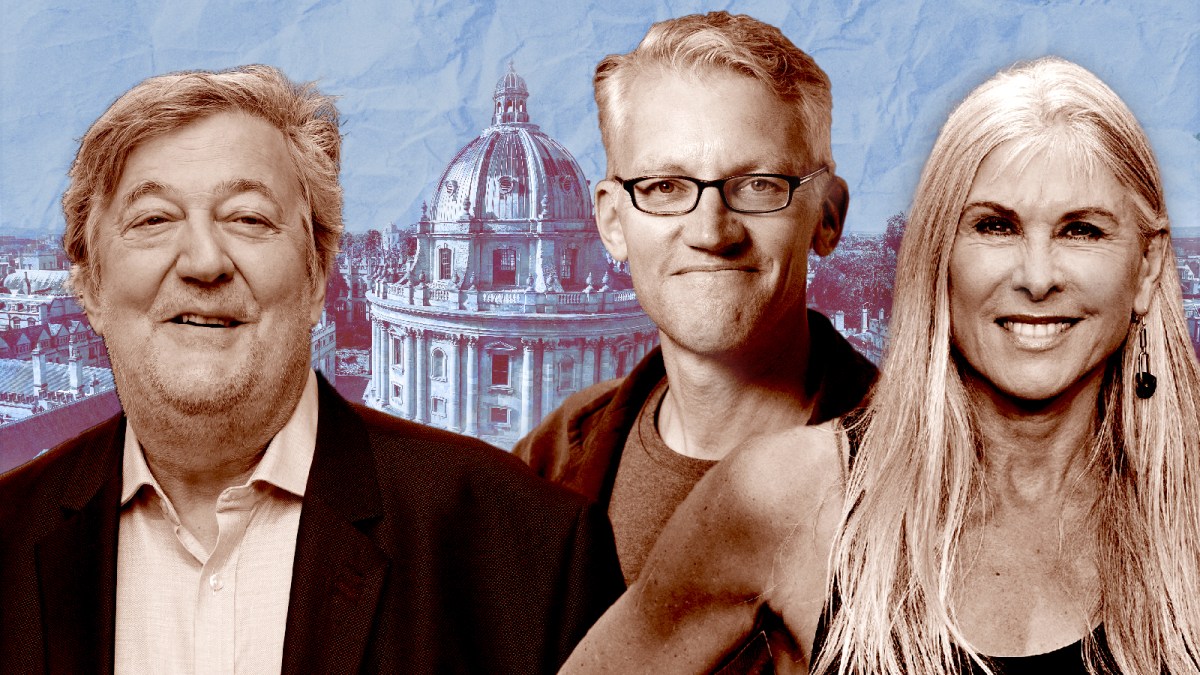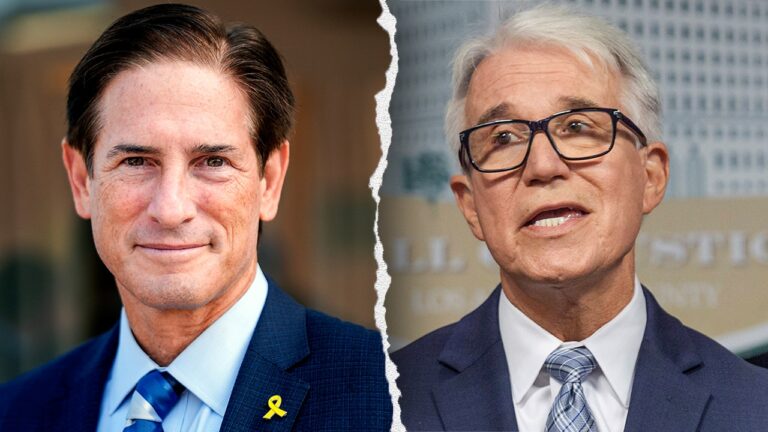University Cancel Culture Threatens Core Liberal Values, Authors Warn
The Impact of Cancel Culture on Liberal Values in Universities
In today’s world, university life isn’t just about lectures and textbooks; it’s a microcosm of society where big ideas collide. But what happens when those ideas are silenced? Enter the phenomenon of cancel culture, a hot-button topic that’s igniting fiery debates across campuses. Some argue it’s a necessary facet of progress, while others believe it threatens the very core of liberal values. So, what’s the real deal? Let’s dive into this complex conversation.
What is Cancel Culture?
Before we embark on this journey, let’s define what we mean by cancel culture. In essence, it’s the social phenomenon where individuals or groups are ostracized for their views or actions—often amplified through social media. It can affect artists, celebrities, or even everyday folks, but when it comes to universities, the stakes feel much higher. Universities are supposed to be the safe havens for free thought and expression. So, why are we seeing a rise in the call for cancellations on campuses?
The Liberal Values Under Threat
Liberal values advocate for freedom of thought, individual rights, and democracy. These principles are the backbone of any healthy academic environment. Here are some of the core liberal values that are currently under fire:
Freedom of Expression: The very basis of liberal thought, freedom of expression encourages discourse, debate, and the exchange of ideas. But it seems that the moment an idea is deemed controversial, the reflex is to shut it down.
Inclusivity: Ironically, while many proponents of cancel culture champion inclusivity, the act often leads to exclusion. When a viewpoint clashes with the mainstream, it can be deemed “unacceptable,” directly contradicting the inclusivity that liberal values uphold.
Critical Thinking: Universities are known for challenging students to think critically. Cancel culture, however, seems to discourage this by fostering an environment where certain opinions are simply off-limits.
Thinking about these values is essential, my friend. If we start silencing ideas, where does that leave us? Are we really progressing, or are we just reinforcing echo chambers?
The Role of Universities
Safe Spaces vs. Free Speech
Ah, the classic tension between safe spaces and free speech! Universities have adopted the concept of safe spaces to protect marginalized students from ideas that may harm them. While the intention is noble, the execution often leads to sparking more controversy than it’s worth.
- Safe Spaces: These promote comfort and protection from potentially harmful views. But can we grow if we’re always comfortable?
- Free Speech: This encourages a diversity of thought but can sometimes lead to discomfort. Isn’t it better to embrace discomfort and grow from it?
Universities ideally should serve as open forums where ideas—not just the popular ones—can compete. But the equation gets tricky when fear of backlash prevents students and faculty from expressing themselves fully. Why take a risk when the cost could be social ostracism or even professional harm?
Faculty and Administrative Responsibilities
Universities should ideally function like a marketplace of ideas where debate flourishes. However, many faculty members report feeling stifled when it comes to teaching or discussing contentious topics. When doctrine takes precedence over discourse, the educational process suffers.
Imagine being a professor hesitant to teach a classic text because you’re unsure how students will react to certain themes. This leads to an environment where critical discussions fade away, leaving only a sanitized curriculum. If faculty members are anxious about backlash, how will students learn to engage with complex ideas?
The Consequences of Cancel Culture
Erosion of Critical Discourse
One of the most troubling consequences of cancel culture is its erosion of critical discourse. When certain viewpoints are banned, it suffocates the very discussions that could lead to significant societal changes.
It’s a bit like a garden: Would you truly expect flowers to bloom if you only water half of them? By limiting which ideas can be aired, universities risk growing minds that are only exposed to a narrow slice of reality.
Students’ Mental Health
Interestingly, the mental health of students plays into this equation too. Research shows that students are becoming more anxious about expressing their views for fear of repercussions. This fear can lead to an overall decline in psychological well-being, creating an ironic twist where the push for mental safety leads to more stress.
Polarization
Cancel culture also contributes to societal polarization. When conversations are dominated by fear, it encourages communities to retreat into their ideological corners. How often do we exclude opposing thoughts in favor of reinforcing our beliefs? The answer is often far too frequently.
Possible Solutions
To navigate this complex landscape, both students and universities must work together constructively. Here are several ways to foster a more open environment:
-
Encouraging Dialogues: Establish regular forums for open discussion on controversial subjects. These can provide support structures for sharing diverse opinions in a respectful environment.
-
Training on Navigating Discourse: Educators could benefit from training in how to engage students in difficult discussions without alienating them or allowing them to feel unsafe.
-
Revisiting Codes of Conduct: Universities should reevaluate their codes of conduct and policies around speech to ensure they align with liberal values, promoting free expression while still maintaining respect.
-
**Anonymous Feedback: **Provide anonymous channels for students and faculty to express their concerns or speak out about their experiences without fear.
-
Broadening Education Curricula: By diversifying the materials taught in academic courses, students can experience a wider variety of perspectives and ideas.
Conclusion
The rise of cancel culture in universities poses a significant threat to the liberal values we all hold dear: free speech, inclusivity, and critical discourse. This phenomenon creates a paradox where the very attempts to safeguard individuals can end up stifling growth, knowledge, and diversity. It’s crucial for institutions of higher learning to promote environments where all ideas can flourish, even the ones that might ruffle feathers. In the end, creating a culture of dialogue, understanding, and respect will benefit everyone involved, allowing us to engage deeply with the world around us.
Frequently Asked Questions (FAQs)
1. What is cancel culture?
Cancel culture refers to the social practice of withdrawing support or denying someone a platform, especially in cases where their behaviors or statements are considered offensive.
2. How does cancel culture affect academic freedom?
Cancel culture can dampen academic freedom by leading to self-censorship among faculty and students who fear backlash from expressing unpopular opinions.
3. Is there a difference between accountability and cancel culture?
Yes, accountability implies holding individuals responsible for their actions, while cancel culture often involves ostracizing them without room for discussion or growth.
4. What can universities do to prevent cancel culture from growing?
Universities can create open forums for discussions, provide training on navigating discourse, and promote policies that protect free speech while ensuring respectful dialogue.
5. How does cancel culture impact student mental health?
The fear of expressing contrary opinions can increase anxiety and stress among students, impacting their overall mental well-being and willingness to engage in discussions.







